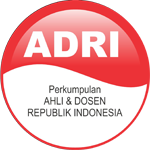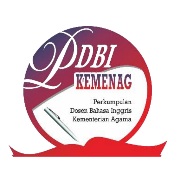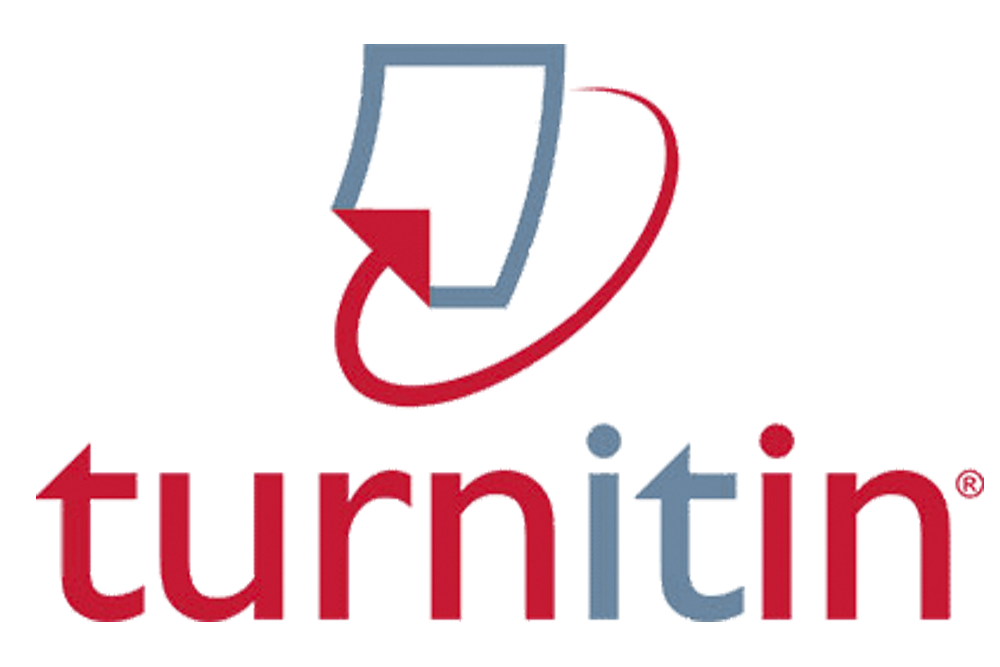Improving Students' Writing Ability by using Inquiry-Based Learning Model
Abstract
The purpose of this study is to use an inquiry-based learning paradigm to improve the writing skills of FKIP UNIB undergraduate English education students This is a three-cycle classroom action research study. The participants in this study were 39 third-semester students. There are 3 instruments used in collecting data, namely observation, checklist, and test. The results of the observations showed an increase in understanding of the application of inquiry-based learning models from cycles one, two, and three. While from the checklist, it was seen that there was an increase in student activity from the first cycle to the third or last cycle. from the third instrument used to see the progress of students' writing skills, it can be seen that in cycle one the average student scores are 75 and 79 at the end of cycle 2 and 83.5 in the last cycle. From the three instruments above, it can be concluded that this inquiry-based learning model can increase the writing skills of English Education Study Program third-semester students, FKIP UNIB.
Keywords
Full Text:
PDFReferences
Arauz, P. E. (2013). Inquiry-based learning in an English as a foreign language class: A proposal. Revista de lenguas modernas, (19). https://revistas.ucr.ac.cr/index.php/rlm/article/view/14031
Candlin, C., & Mercer, N. (2001). English language teaching in its social context: A reader. Psychology Press.
Emilia, E. (2005). The Effectiveness of Genre Based Approach In Academic Teaching Writing at a State University in West Java. online),(http://curry, Edschool. Sydney. edu/epltt/genrebasedapproach. Html, Retrieved on June 3rd 2006 at 8. oo am).
Godbee, B. (2016). Why inquiry matters: An argument and model for inquiry-based writing courses. The Wisconsin English Journal. https://epublications.marquette.edu/english_fac/356/
Hyland, K. (2004). Genre and second language writing. University of Michigan Press.
Ismail, N., Alias, S., & Albakri, I. (2006). Inquiry based learning: A new approach to classroom learning. English Language Journal, 2(1), 13-24.
Jack C. Richards & Willy A. Renandya. (2010). Methodology in language teaching (South Asian ed.).
Johnson, A. P. (2008). A short guide to action research. Allyn & Bacon.
Kemmis, S., McTaggart, R., & Nixon, R. (2013). The action research planner: Doing critical participatory action research. Springer Science & Business Media.
Lee, H. (2014). Inquiry-based teaching in second and foreign language pedagogy. Journal of Language Teaching and Research, 5(6). https://doi.org/10.4304/jltr.5.6.1236-1244
Mulyadi. (2014). Teaching Writing Descriptive Text by Using Flower Writing Strategy and Corps Strategy at Junior High School. Yogyakarta (Thesis).
Nurhidayat, E. F., Apriani, E., & Edy, S. (2021). undefined. International Journal of Multicultural and Multireligious Understanding, 8(4), 70. https://doi.org/10.18415/ijmmu.v8i4.2443
Oktavianti, D., Gusmuliana, P., & Apriani, E. (2021). The students’ strategies in developing their ideas in writing essay. Jadila: Journal of Development and Innovation in Language and Literature Education, 1(4), 389-406. https://doi.org/10.52690/jadila.v1i4.157
Paltridge, B. (2001). Genre and the language learning classroom. University of Michigan Press ELT.
Sanjaya, H. K., Apriani, E., & Edy, S. (2020). Using web blog for EFL students in writing class. Journal of English Education and Teaching, 4(4), 516-535. https://doi.org/10.33369/jeet.4.4.516-535
Smith, N. B. (2017). A principled revolution in the teaching of writing. English Journal, 70-75. https://www.jstor.org/stable/26359493
Ulfah, Y. (2012). Improving students’ ability in writing through inquiry-based learning. Action Research.
Ur, P. (1999). A course in language teaching trainee book trainee's book. Cambridge University Press.
Yan, G. (2006). Genre and the Language Learning Classroom. In English Teaching Forum (Vol. 43, No. 3).
DOI: http://dx.doi.org/10.29240/ef.v6i1.4117
Refbacks
- There are currently no refbacks.
Copyright (c) 2022 kasmaini kasmaini, zahrida zahrida

This work is licensed under a Creative Commons Attribution-NonCommercial-ShareAlike 4.0 International License.
INDEXED BY:
 This work is licensed under a Creative Commons Attribution-NonCommercial-ShareAlike 4.0 International License
This work is licensed under a Creative Commons Attribution-NonCommercial-ShareAlike 4.0 International License
@ ENGLISH FRANCA : Academic Journal of English Language and Education
Jl. Dr. AK Gani No 1 Dusun Curup, Rejang Lebong Regency, Bengkulu Province, Indonesia, 39119.
Dr. Eka Apriani, M.Pd., email: efranca@iaincurup.ac.id, eka.apriani@iaincurup.ac.id.




.png)












